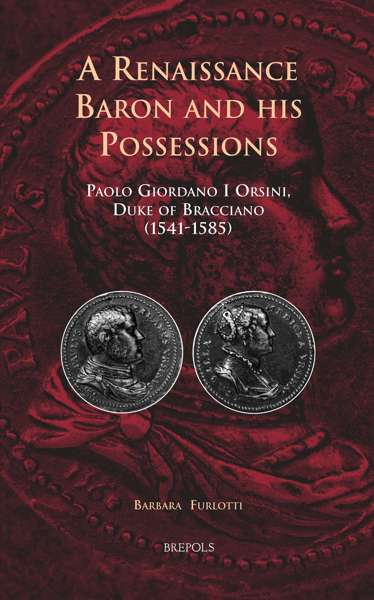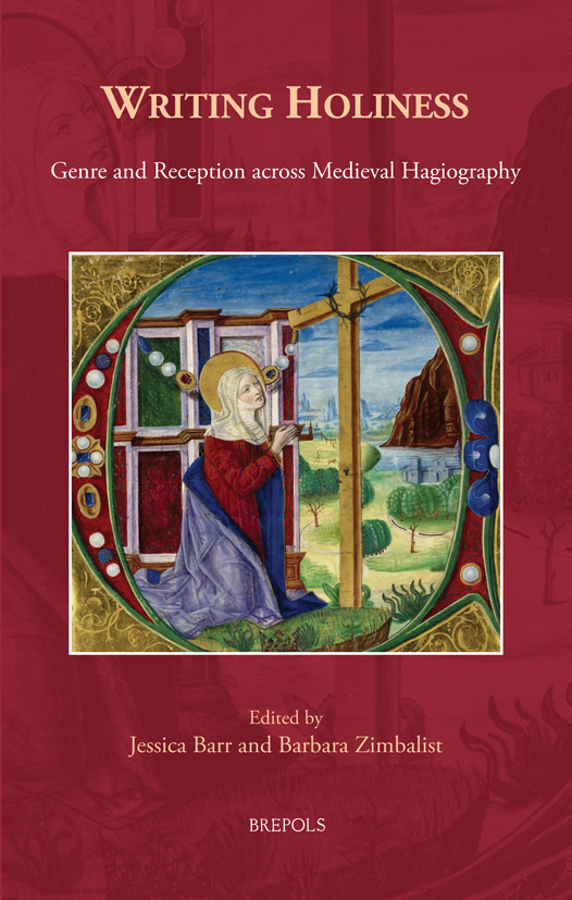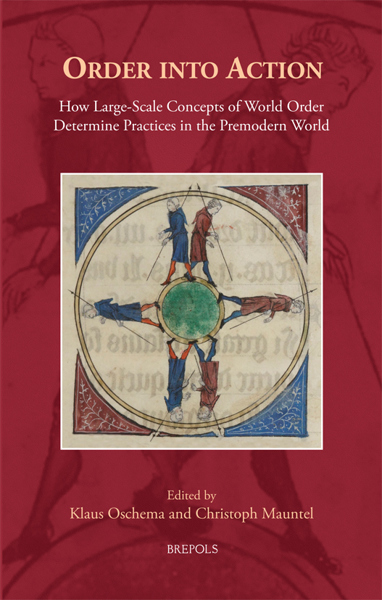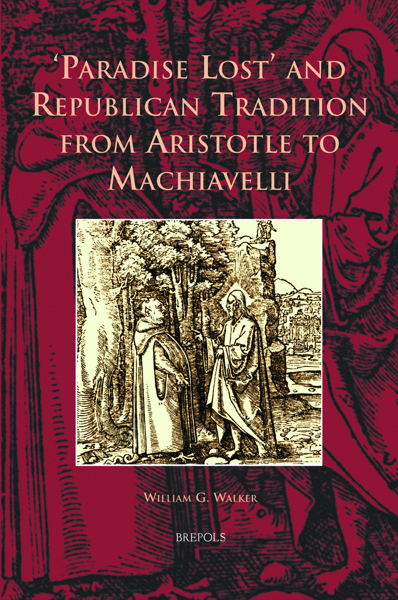
Writing Holiness
Genre and Reception across Medieval Hagiography
Jessica Barr, Barbara Zimbalist (eds)
- Pages: 281 p.
- Size:156 x 234 mm
- Language(s):English
- Publication Year:2023
- € 85,00 EXCL. VAT RETAIL PRICE
- ISBN: 978-2-503-60198-4
- Hardback
- Available
- € 85,00 EXCL. VAT RETAIL PRICE
- ISBN: 978-2-503-60199-1
- E-book
- Available
Writing Holiness offers new, theoretically-driven readings of Christian hagiographic texts from Italy, Spain, France, Germany, England, and the Low Countries.
"The scholars of hagiography and cult of saints should be aware of the new textual interpretations that transcend the boundaries of modern Western scholarship and offer fresh perspectives on the valuable, extant hagiographies (p. 9). The book does exactly that and provides what it promises, that is to broaden the sacred narratives and their multidimensional roles in medieval societies from an interdisciplinary approach..." (Eylül Çetinbaş, in Ceræ, 11, 2024, p. 161)
"This volume appreciates the richness of narratives rather than replicating past scholarly conventions. Each essay can stand alone as a useful contribution to its respective focus, though when read in conversation with the rest of the volume, it offers further possibilities. There is much here for those interested in medieval women, vernacular literature, Christian materiality, and medieval religious culture, both lay and clerical. Writing Holiness suggests new critical approaches and modes of reading that enhance our understanding of saints’ popularity through the medieval literature of hagiography." (Meredith Bacola, in The Medieval Review, April 2025)
"Jessica Barr and Barbara Zimbalist have put together an interesting, well-structured collection of essays which makes a useful contribution to the growing field of pan-European hagiographic scholarship, deftly bringing together the individual subjects under the rubric of boundary violation." (Christiania Whitehead, in Journal of English and Germanic Philology, 124/4, 2025, p. 482-483)
Jessica Barr is an associate professor of Comparative Literature at the University of Massachusetts Amherst. She is the author of Intimate Reading: Textual Encounters in Medieval Women’s Visions and Vitae (University of Michigan Press, 2020), Willing to Know God: Dreamers and Visionaries in the Later Middle Ages (Ohio State University Press, 2010), as well as essays on medieval mysticism, hagiography, and romance. Her current research explores death and dying in medieval women’s mysticism.
Barbara Zimbalist has been a Fulbright scholar and fellow at Harvard Divinity School, and is currently an assistant professor of medieval literature at the University of Texas at El Paso. She has published on hagiography from France, England, and the Low Countries, focusing particularly on issues of gender, genre, and authorship. Her current book project traces women’s visionary literature as a discursive mode across hagiography and devotional texts between the twelfth and fifteenth centuries.
Writing Holiness contributes to exciting new critical conversations in the study of medieval hagiography in Western Christianity. Recent years have seen innovative approaches to the literatures of sanctity through emergent theoretical discourses, such as disability studies and trans theory. At the same time, traditional methodologies such as manuscript studies and reception history continue to generate new perspectives on the production, circulation, and reception of the sacred textual canon.
Through ten unique contributions that draw from both new and established theories and methodologies, this volume charts the development, movement, and reception of Christian hagiographic texts in localities ranging from the Iberian Peninsula to the Scandinavian Archipelago from the early to the late Middle Ages. Each chapter traces hagiographic development over generic, temporal, cultural, and linguistic boundaries, and considers the broader contours of the sacred imaginary that come into view as a result of such critically intersectional inquiry.
Introduction — BARBARA ZIMBALIST and JESSICA BARR
Part 1: Saints across Borders
Helena on the Move: The Makings of a Medieval Saint — MARIANNE RITSEMA VAN ECK
From Holy Flesh to Holy Houses: The Late Medieval Rise of Non-Corporeal Relics in the March of Ancona — BIANCA LOPEZ
‘Fluvius autem de Corde Dei égredibatur’: Medicalised Discourse and Holy Women’s Writing at Helfta and Siena — NAOË KUKITA YOSHKIAWA
Holy Families and Vowed Life: The Legends of East Anglian Sister Saints in a Seventeenth-Century English Manuscript — JENNY C. BLEDSOE
Part 2: Crossing Gender and Genre
Saints in the Exempla of the Middle English Mirror: Rewriting Accounts of Saints Fursey, Cecilia, Thais, and Macarius — CHRISTINE COOPER-ROMPATO
Hybrid Devotion: Writing the Life of Christ Across Genre — CAITLIN KOFORD
Tarsiana and the Redemption of Captives: The Saintly Princess as Liberator in the Early Castilian Apollonius of Tyre Legend — MATTHEW DESING
Part 3: Writing across Languages
Lost in Translation? Hagiographic Redactions Crossing Language Borders — RACHA KIRAKOSIAN
Translating Raymond of Capua’s Life of Catherine of Siena in Fifteenth-Century England and Germany — STEVEN ROZENSKI
‘She Said’: Female Agency and Voice in Middle English Hagiographic Accounts — JENNIFER N. BROWN




